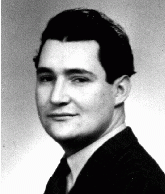You searched for: 尼泊爾挖礦交易程序平臺源碼【TG电报:@EK7676】平台包网搭建尼泊爾挖礦交易程序平臺源碼【TG电报:@EK7676】平台包网搭建11rteyykDI
<< Previous | Displaying results 141-150 of 236 for "尼泊爾挖礦交易程序平臺源碼【TG电报:@EK7676】平台包网搭建尼泊爾挖礦交易程序平臺源碼【TG电报:@EK7676】平台包网搭建11rteyykDI" | Next >>
-
1945: Key Dates
ArticleExplore a timeline of key events during 1945 in the history of Nazi Germany, World War II, the Holocaust, and liberation and the aftermath of the Holocaust.
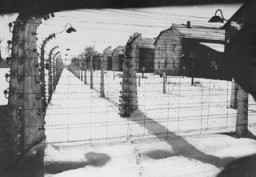
-
Letter from Elkhanan Elkes
Timeline EventOctober 19-November 11, 1943. On this date, Elkhanan Elkes wrote his will. It was smuggled out of the Kovno ghetto and delivered to his children.
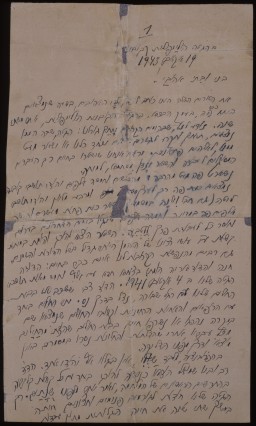
-
Ceasefire Ends Hostilities of World War I
Timeline EventNovember 11, 1918. On this date, a negotiated ceasefire ends the fighting of World War I when it goes into effect at 11am.
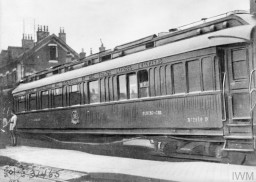
-
Auschwitz
ArticleThe Auschwitz camp system, located in German-occupied Poland, was a complex of 3 camps, including a killing center. Learn about the history of Auschwitz.
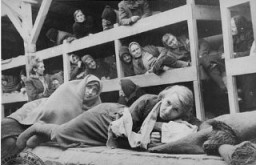
-
Urszula Kaczmarek
ID CardUrszula was one of four children born to Franciszek and Jadwiga Kaczmarek, who lived in the industrial city of Poznan in western Poland. The family lived at 11 Smolnej Street. Like their parents, the Kaczmarek children were baptized in the Roman Catholic faith. 1933-39: As one of the older children in the family, Urszula helped her mother with the housework. She was 10 years old when the Germans invaded Poland on Friday, September 1, 1939. German planes bombed Poznan that same day, and German troops…
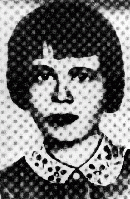
-
Israel Cendorf
ID CardIsrael was born into a religious Hasidic family who hoped he would become a rabbi. But Israel rebelled and apprenticed himself to a printer when he was 16. He read constantly, deepening his sympathy with the workers' struggle, and he soon began to write his own revolutionary songs. His first book of poems, The Red Agenda, was warmly received. 1933-39: In 1933, the year Hitler became chancellor of Germany, Israel moved to Paris. But the city was wracked by unemployment, and Jewish immigrants were in…
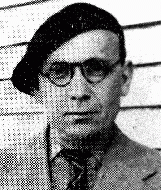
-
Lore Heumann
ID CardThe younger of two girls, Lore was born to Jewish parents in a village close to the Belgian border. The Heumanns lived above their general store. Across the street lived Lore's grandfather, who kept horses and cows in his large barn. When Lore was a year old, her family moved to the city of Lippstadt. The Lippe River flowed beyond the large garden in back of their house. 1933-39: When Lore was 6, her family moved to the nearby city of Bielefeld, where she entered public school. A year later, she and her…
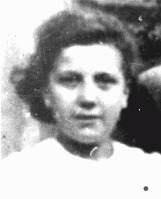
-
Erich Schon
ID CardErich was one of five children born to observant Jewish parents. They lived in Vsetin, a town in Czechoslovakia's Moravia region that straddled the border with Slovakia. Some 70 Jewish families lived in the town of 12,500 persons. There, Erich's family owned a grocery store and operated a sawmill. Erich attended a trade school where he became an expert in lumber and forestry. 1933-39: The Germans kept Erich's family's sawmill operating after they occupied their region in March 1939. Since Erich had a…
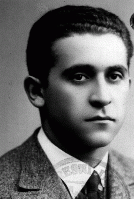
-
Jan-Peter Pfeffer
ID CardJan-Peter's father, Heinz, was a German-Jewish refugee who married Henriette De Leeuw, a Dutch-Jewish woman. Frightened by the Nazi dictatorship and the murder of Heinz's uncle in a concentration camp, they immigrated to the Netherlands when Henriette was nine months pregnant. They settled in Amsterdam. 1933-39: Jan-Peter was born soon after his parents arrived in the Netherlands. He was 18 months old when Tommy, his baby brother, was born. In 1939 the parents and brother of Jan-Peter's father joined them…
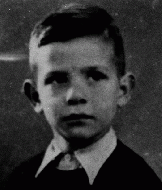
-
Heinz Rosenberg
ID CardHeinz was the youngest of three children born to a Jewish family in the German university city of Goettingen. His father owned a linen factory that had been in the family since it was founded by Heinz's grandfather. Goettingen had a small Jewish population, and only one synagogue. Heinz went to public school in the city. 1933-39: In 1933 the Nazis took power in Germany. A year later Heinz's family's factory was seized. Three SA men came to their house. An officer set a gun on the table and calmly informed…
